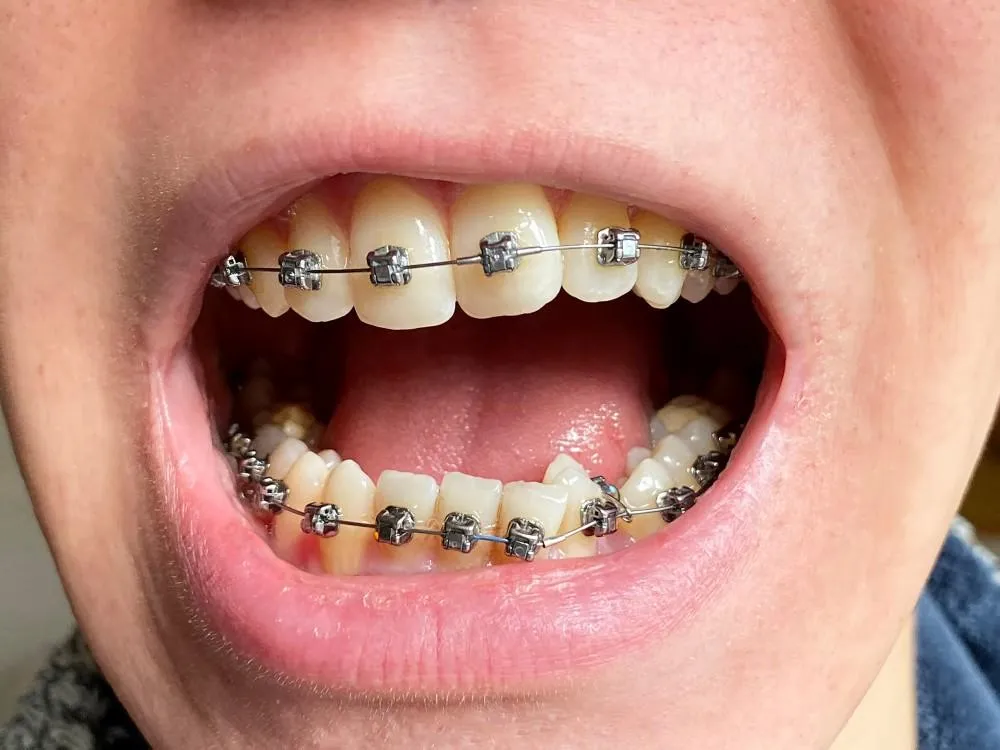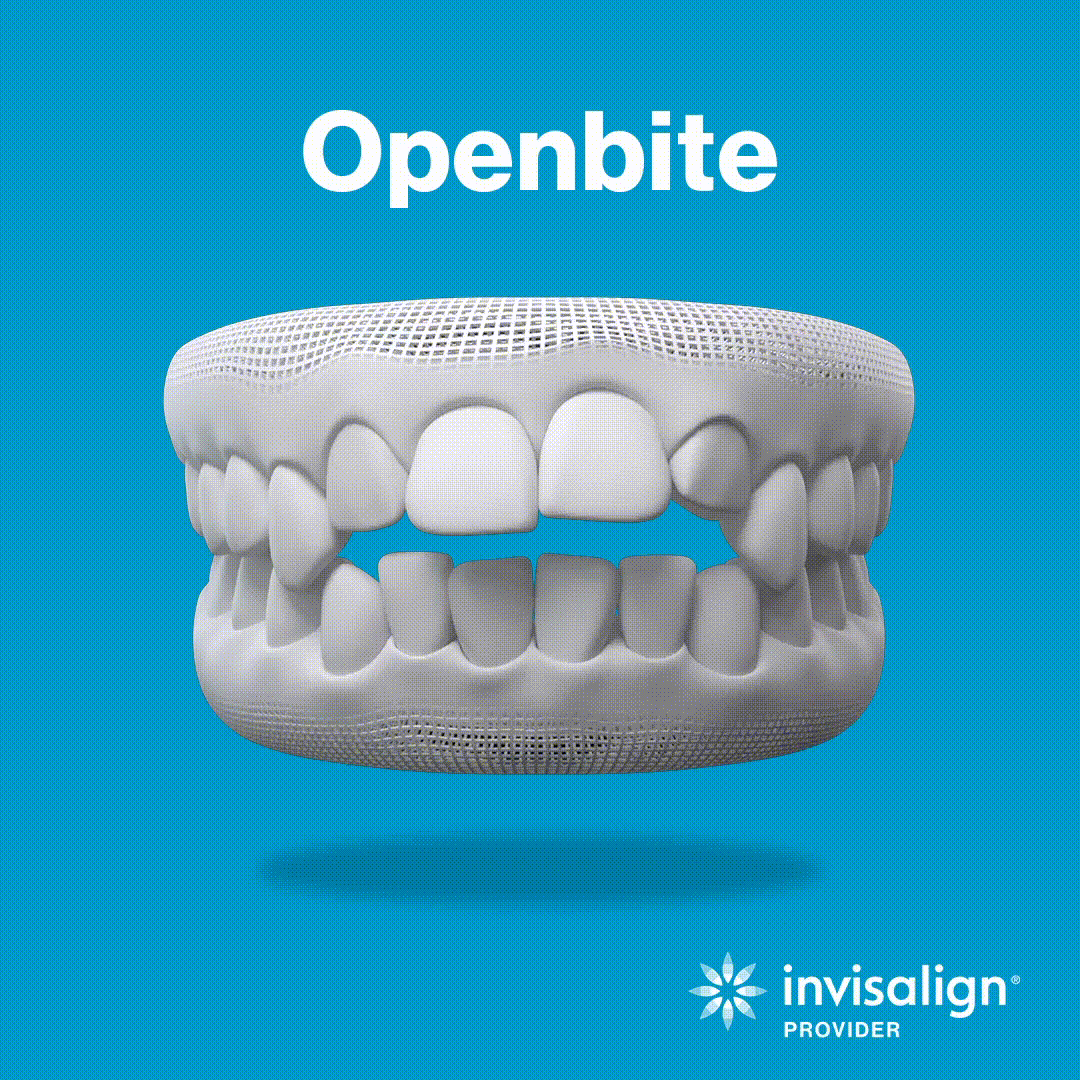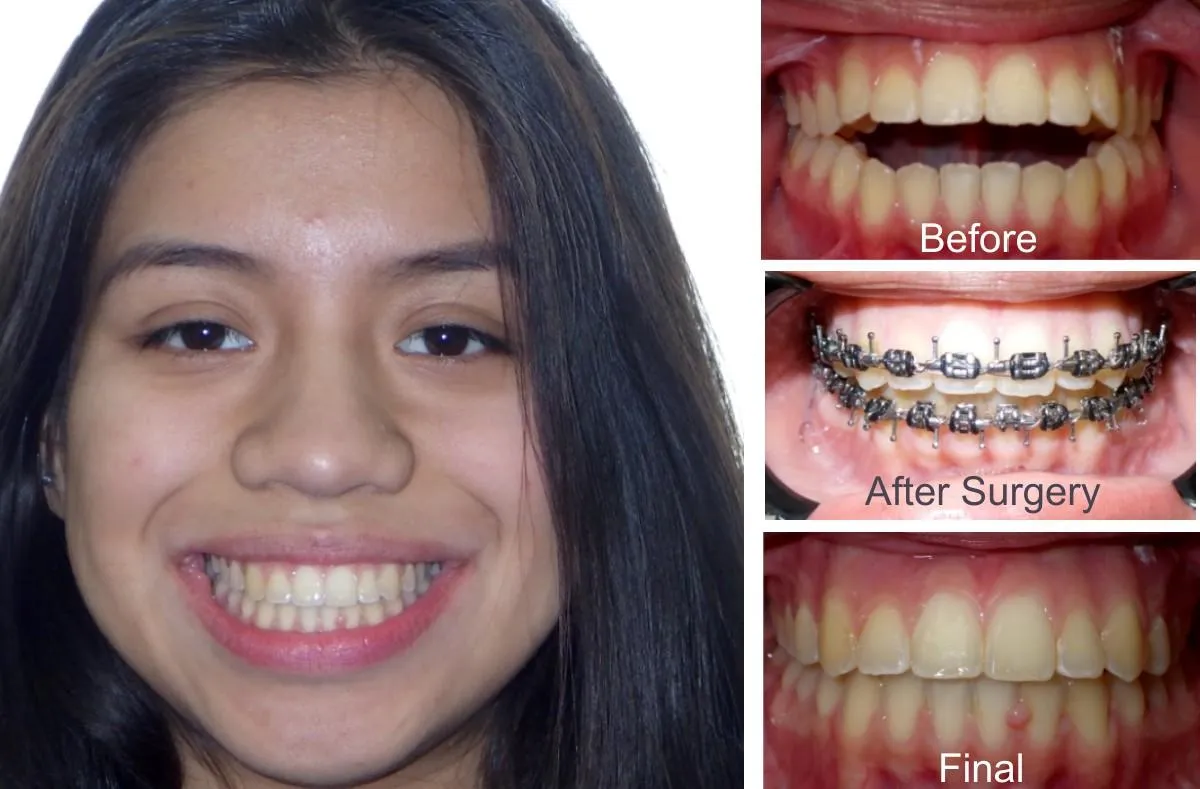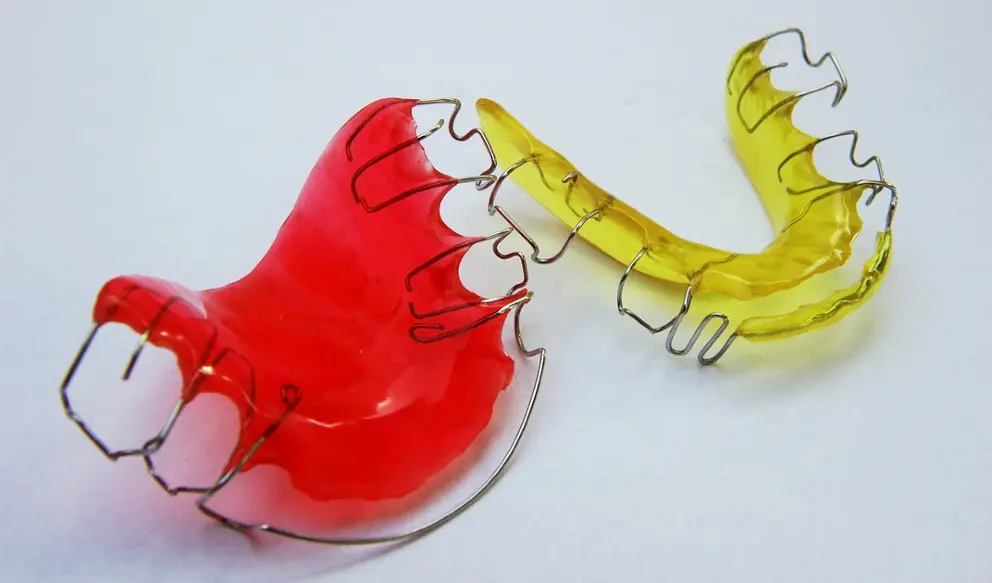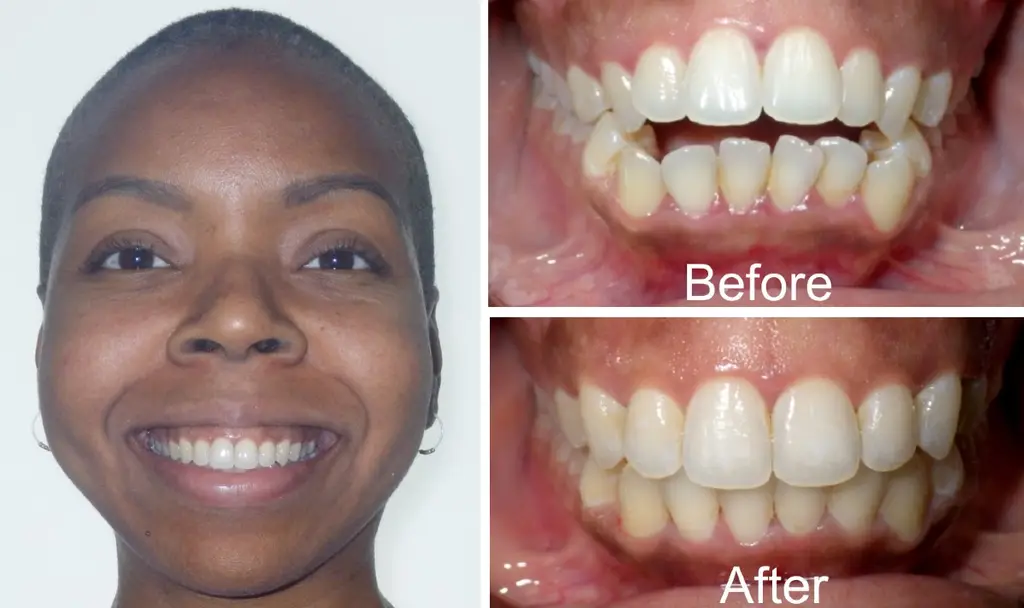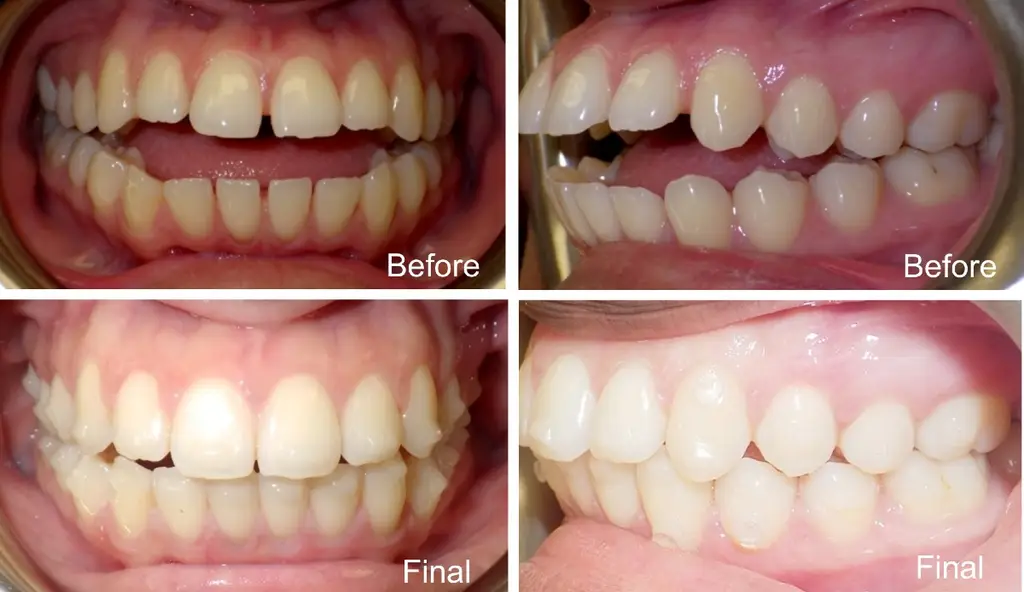Invisalign is an effective treatment option for correcting open bites. That is perfect for straightening
both upper and lower teeth, including those at the front. This
method is convenient and works well when an experienced orthodontist oversees the treatment. Invisalign for
open bite is often preferred over traditional braces, proving
effective for both teenagers and adults.
Choosing a skilled orthodontist is crucial for the best outcomes. Diamond Plus or Diamond Invisalign
Providers are highly recommended because of their extensive
experience with Invisalign treatments. They offer high-quality care, affordable prices, and faster treatment
durations.
Invisalign is a dental treatment that goes beyond just improving oral health. Clear aligner system that can
also address issues like tongue thrusting. Tongue thrusting is
a condition where the tongue pushes against the front teeth during swallowing, speaking, or resting. This
can lead to misalignment of the teeth and affect the overall
oral health.
By using Invisalign, individuals with tongue thrusting issues can benefit from the aligners' ability to
gradually shift the teeth into proper alignment. The aligners are
custom-made to fit snugly over the teeth and exert gentle pressure to guide them into their correct
positions. As the teeth move, the aligners are changed periodically to
continue the alignment process.
In some cases, Invisalign can even serve as an alternative to orthognathic surgery. Orthognathic surgery is
a procedure that involves repositioning the jaw to correct
severe bite issues or jaw misalignment. However, for certain individuals with less severe cases, Invisalign
may be a viable option to achieve the desired results without
the need for surgery.
Invisalign works by using a series of clear aligners that are virtually invisible when worn. This makes it a
popular choice for individuals who want to straighten their
teeth discreetly. The aligners are removable, allowing for easy maintenance of oral hygiene and the ability
to eat and drink without restrictions.
Invisalign boosts oral health by straightening teeth and fixing bite problems. It can also help with tongue
thrusting and might prevent the need for jaw surgery. Its
discreet and removable nature makes it a convenient and popular choice for individuals seeking orthodontic
treatment.
Consult an Invisalign Specialist Today
